Publikasi
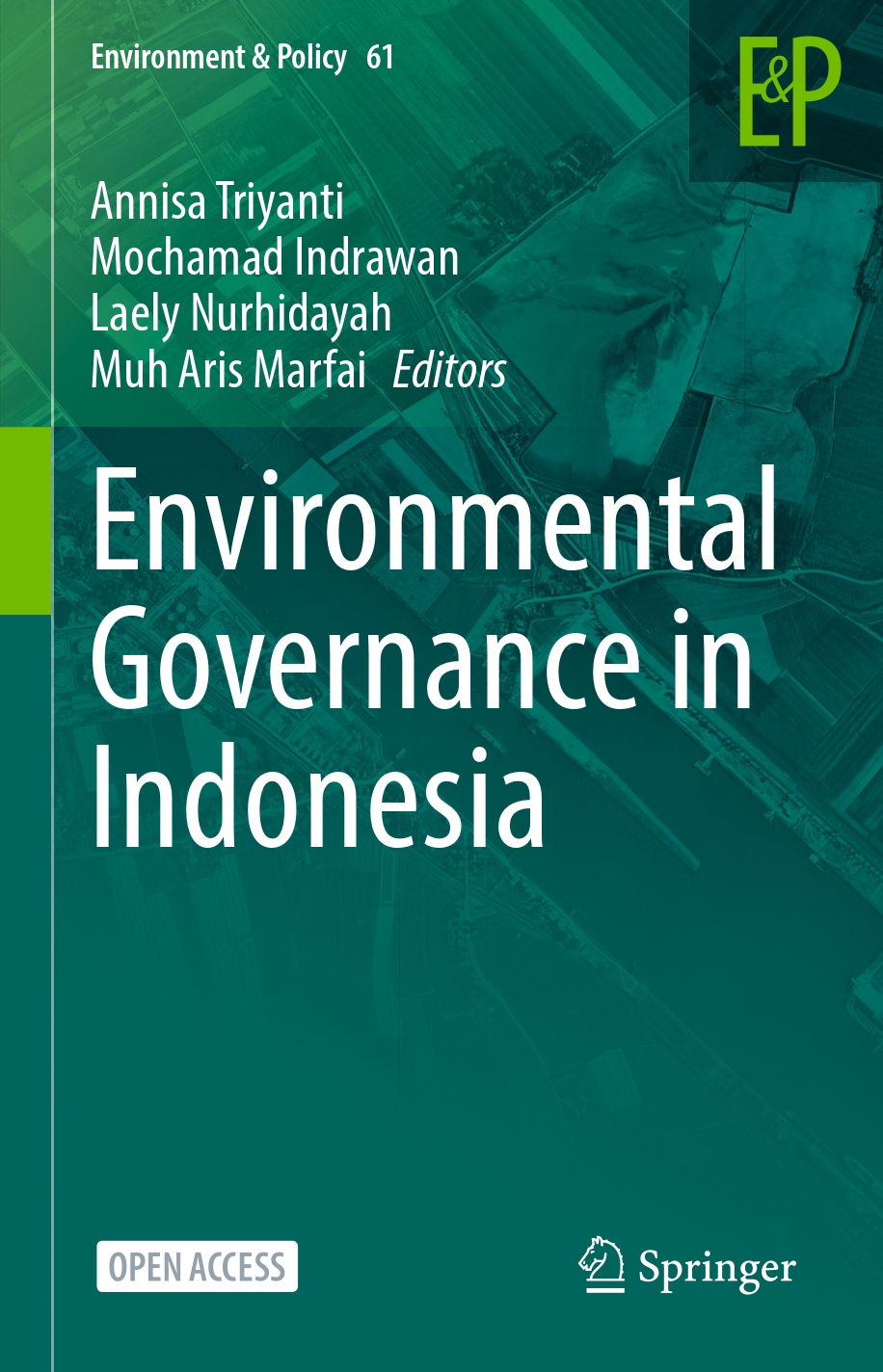
Conceptual Design of Sustainable Governance by VIDEL (Virtual Dashboard of Environmentally Logistics-Port-City): A Case Study of Jakarta and Tanjung- Priok Port
Buku 2023 Desember

Climate Change Adaptation in Indonesia: Reviews on Adaptation Governance, Metrics and Financing
Buku 2021 Juli
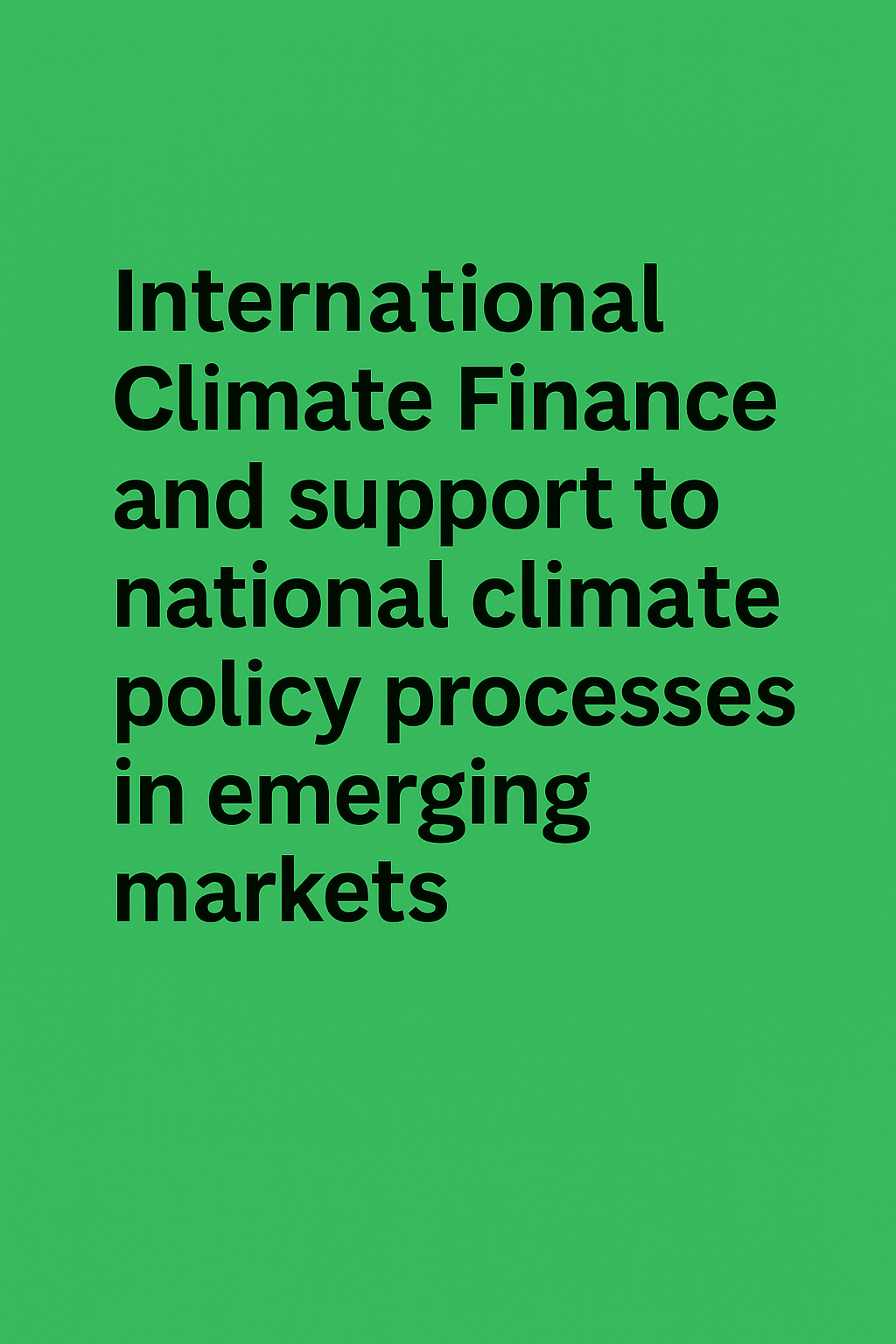
International Climate Finance and support to national climate policy processes in emerging markets
Buku 2021 Juli
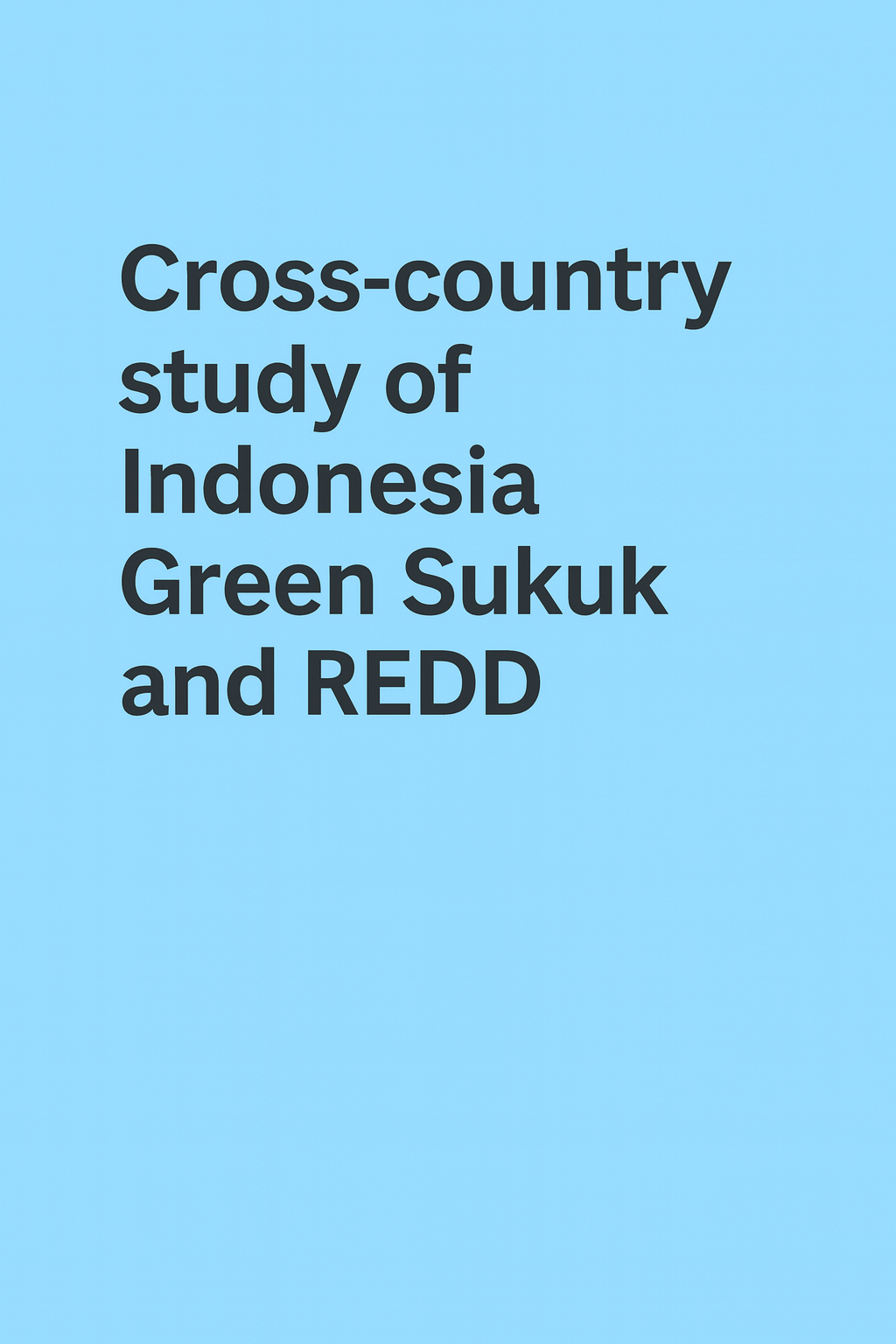
Cross-country study of Indonesia Green Sukuk and REDD
Buku 2020 Juli
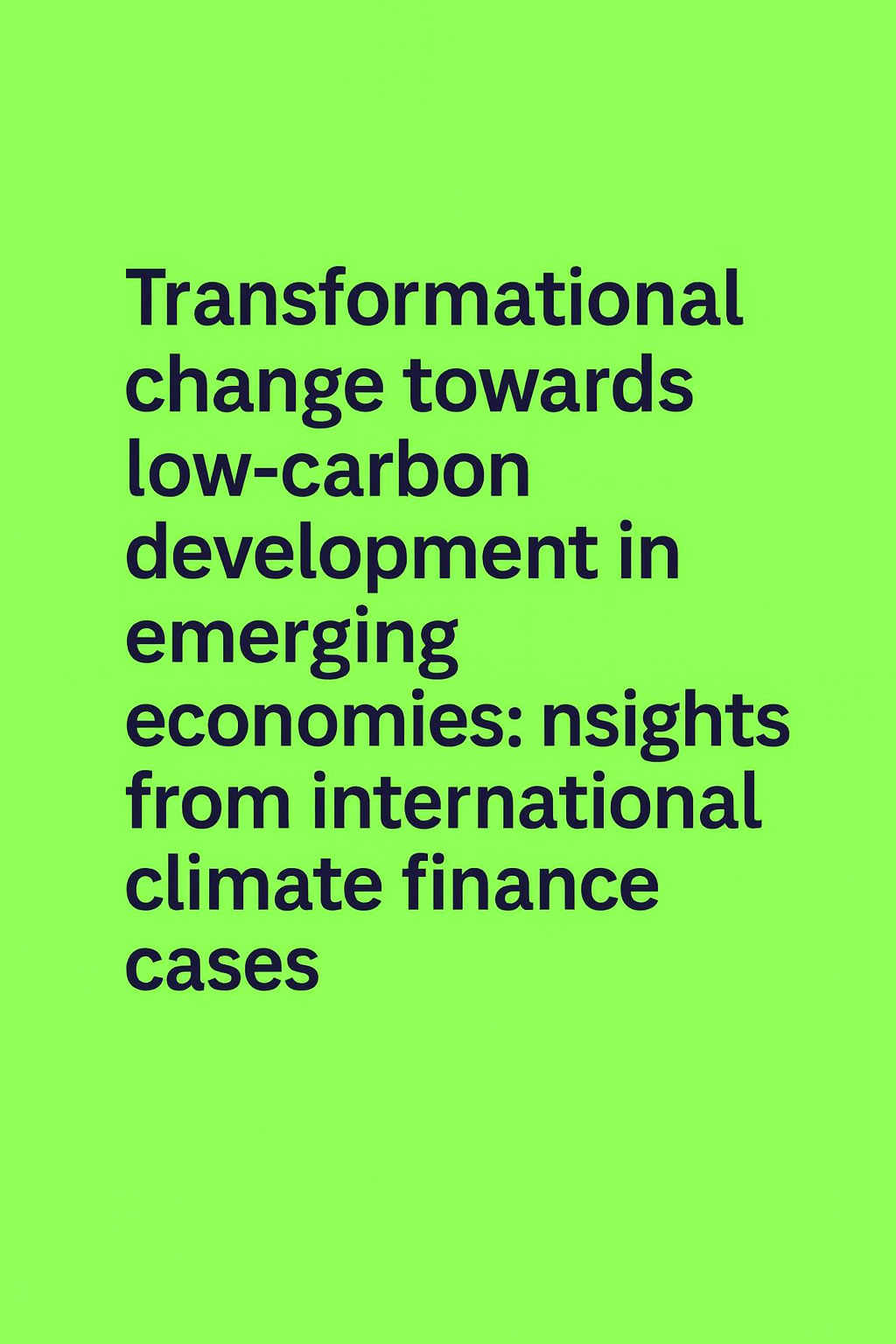
Transformational change towards low-carbon development in emerging economies: insights from international climate finance cases - SNAPFI STUDY
Buku 2020 Juli
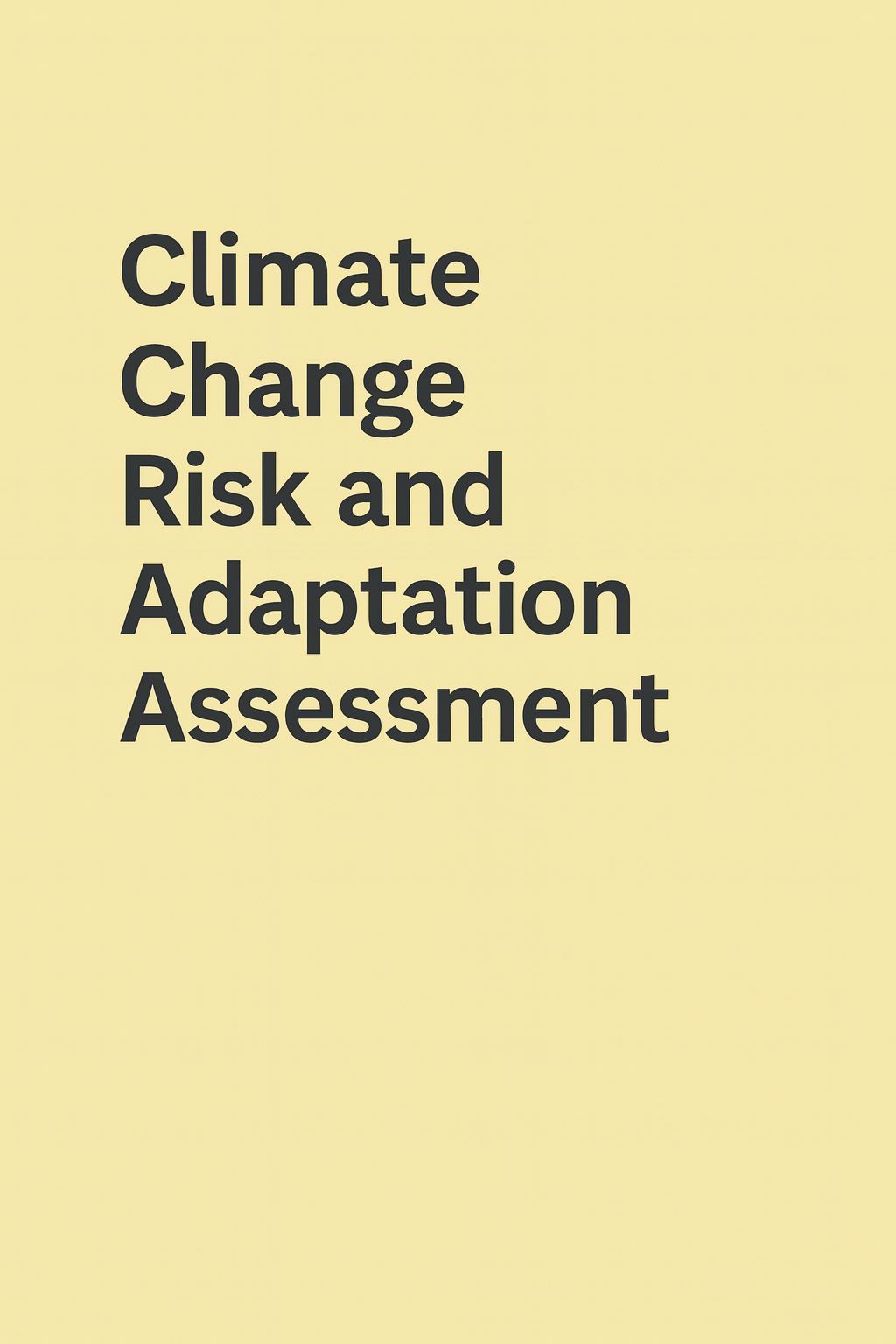
Climate Change Risk and Adaptation Assessment
Buku 2012 Juni
 CCC ITB
CCC ITB